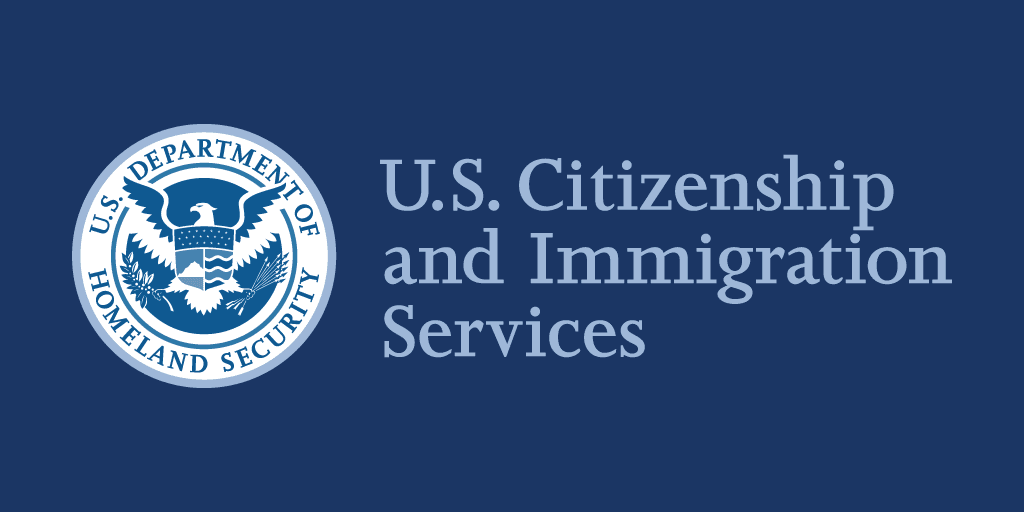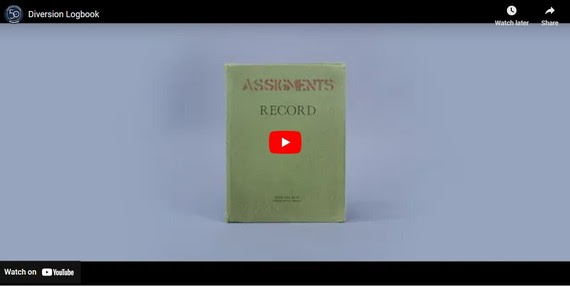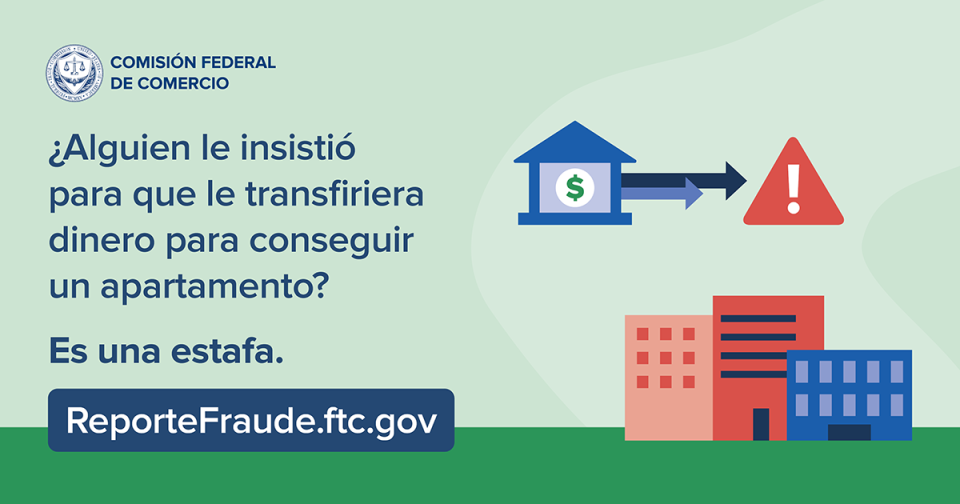Con las trágicas crisis y los desastres naturales que ocurren alrededor del globo, el Servicio de Impuestos Internos (IRS) advirtió hoy a los contribuyentes que tengan cuidado con criminales que solicitan donaciones y se hacen pasar falsamente por organizaciones benéficas legítimas. Cuando las organizaciones benéficas falsas estafan a donantes desprevenidos, las donaciones no van a quienes necesitan la ayuda y aquellos que contribuyeron a estas organizaciones benéficas falsas no pueden deducir sus donaciones en su declaración de impuestos.
"Todos queremos ayudar a las víctimas inocentes y a sus familias," declaró el comisionado del IRS Danny Werfel. "Sabiendo que estamos tratando de ayudar a los que sufren, los delincuentes salen de la nada para aprovecharse de los más vulnerables - las personas que simplemente quieren ayudar. Especialmente en estos tiempos difíciles, no se sienta presionado a donar inmediatamente a una organización benéfica de la que nunca ha oído hablar. Investigue primero la organización benéfica y confirme que es auténtica."
Quienes deseen donar deben usar la herramienta Búsqueda de Organizaciones Exentas de Impuestos (en inglés) o TEOS por sus siglas en inglés, en IRS.gov para encontrar o verificar organizaciones benéficas legítimas y calificadas.
Con TEOS, las personas pueden
- Verificar la legitimidad de una organización benéfica.
- Comprobar su elegibilidad para recibir contribuciones caritativas deducibles de impuestos.
- Buscar información acerca del estado de la exención tributaria de una organización y sus declaraciones de impuestos.
Además, el IRS insta a cualquier persona que se cruce con una organización benéfica falsa o sospechosa a consultar los recursos del FBI sobre fraudes de organizaciones benéficas y desastres (en inglés).
Organizaciones benéficas falsas
Los criminales suelen crear organizaciones benéficas falsas para aprovecharse de la generosidad del público durante crisis internacionales o desastres naturales. Típicamente, buscan dinero e información personal, que puede usarse para explotar aún más a las víctimas mediante el robo de identidad.
Los promotores de organizaciones benéficas falsas pueden usar correos electrónicos, sitios web falsos o alterar o "falsificar" su identificador de llamadas para que parezca que es una organización benéfica real la que llama para solicitar donativos. Los delincuentes suelen dirigirse a personas mayores y a grupos con un dominio limitado del inglés.
A continuación, algunos consejos para protegerse de las estafas relacionadas con organizaciones benéficas falsas:
- Verifique primero. Los estafadores suelen usar nombres que suenan a organizaciones benéficas conocidas para confundir a la gente. Los donantes deben pedir al recaudador de fondos el nombre exacto de la organización, el sitio web y la dirección postal para poder confirmar la información de manera independiente. Use el sistema TEOS para verificar si una organización es una organización benéfica legítima exenta de impuestos.
- No ceda a las presiones. Los estafadores suelen presionar a la gente para que realice un pago inmediato. Por el contrario, las organizaciones benéficas legítimas están encantadas de recibir una donación en cualquier momento. Los donantes no deben sentirse presionados.
- No dé más de lo necesario. Los estafadores están a la caza tanto de dinero como de información personal. Los contribuyentes deben tratar la información personal como si fuera dinero en efectivo y no dársela a cualquiera.
- Desconfíe de cómo se solicita una donación. No colabore nunca con organizaciones benéficas que soliciten donativos pidiéndoles números de una tarjeta regalo o por transferencia de dinero. Es una estafa. Lo más seguro es pagar con tarjeta de crédito o cheque, y sólo después de verificar que la organización benéfica es real.
Los contribuyentes que donan dinero o bienes a una organización benéfica pueden reclamar una deducción (en inglés) si detallan las deducciones, pero estas donaciones sólo cuentan si van a una organización reconocida por el IRS.











.png)





